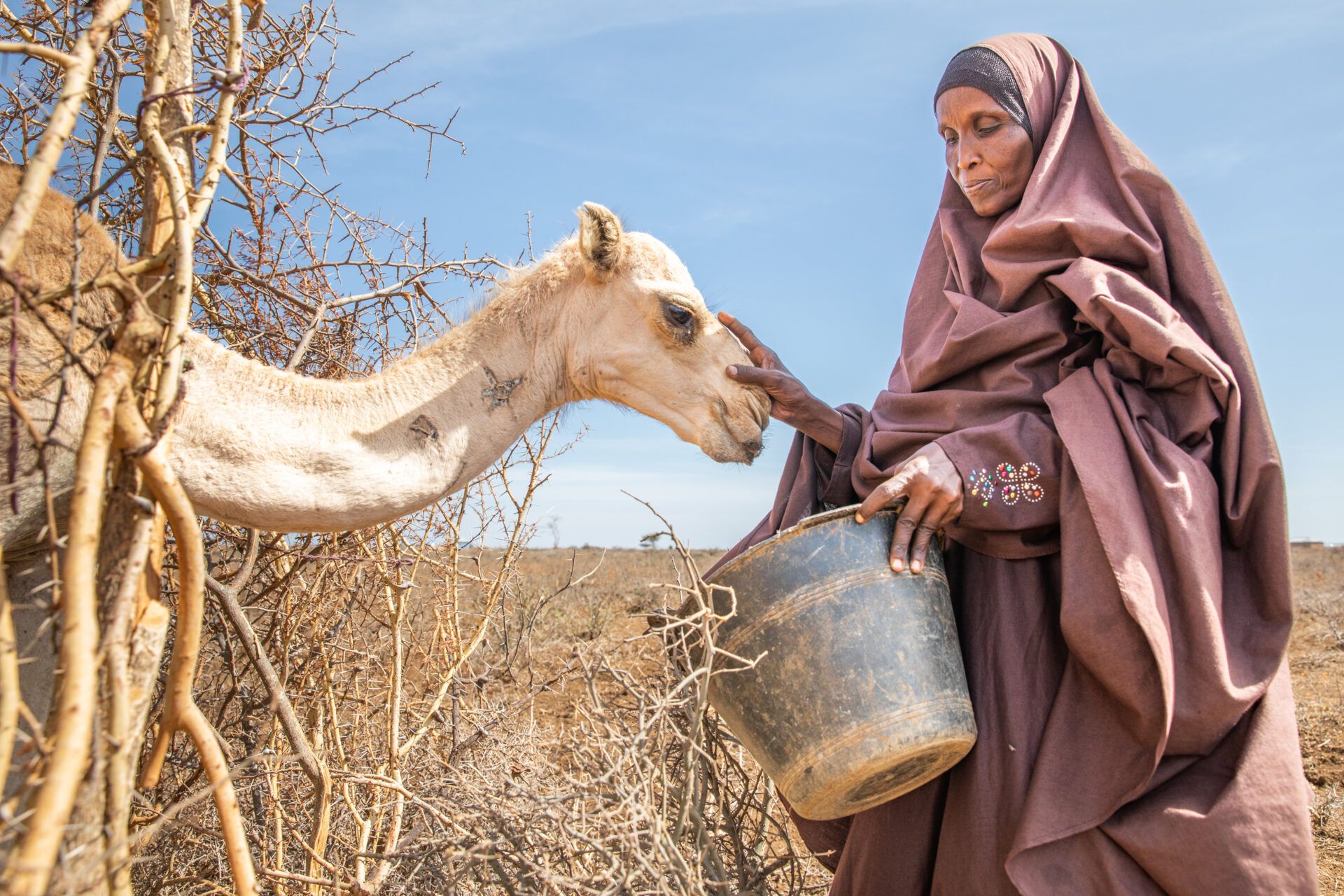
Blockchain-Powered Smart Contracts: A Solution for Anticipatory Cash Transfers to Pastoralists in Africa
Pastoralism is a way of life for millions of people in sub-Saharan Africa, with approximately 50 million individuals depending on livestock for income and food. However, changing weather patterns in the region, particularly the recent multi-year drought in the eastern Horn of Africa, have severely impacted the livelihoods of pastoralist communities. Over 7 million livestock have been lost, and millions of people are at risk of starvation in Ethiopia, Kenya, and Somalia.
In response to this crisis, over $2 billion in humanitarian aid has been allocated. However, much of this funding arrived only after the affected populations had already experienced the worst effects of the drought. Research has shown that aid distributed before a climate disaster occurs is much more effective in mitigating its impact. For example, a study conducted by the World Food Programme found that households that received cash transfers before flooding in Bangladesh were better prepared, with greater access to food and the ability to protect their livestock.
To address this issue, Mercy Corps Ventures, in collaboration with Fortune Credit, Shamba Network, and DIVA Technologies, has launched a pilot project in Kenya to test the use of blockchain-powered smart contracts for anticipatory cash transfers to pastoralist communities in the counties of Laikipia and Kajiado.
Fortune Credit Limited, a microfinance institution in Kenya, will provide credit, insurance, and other services to the targeted communities. Shamba Network will develop an oracle for collecting and analyzing ecological data, which will be used to trigger actions based on real-time information. DIVA Technologies will contribute with their donation platform, DIVA Donate, to ensure transparent and efficient financial transactions.
At the core of the pilot is a smart contract that holds donated funds in escrow and disburses them to enrolled pastoralists only if the pasture conditions are deemed distressful. The smart contract uses an indicator called the Normalized Difference Vegetation Index (NDVI) to assess pasture conditions by monitoring vegetation levels in a given area. NDVI is a widely-used metric that indicates the health and density of vegetation, which is directly related to livestock mortality.
The pilot aims to demonstrate how blockchain-based solutions can scale anticipatory humanitarian interventions, resulting in faster response times and reduced impacts of climate shocks on vulnerable communities. It will also measure various outcomes, including the reduction in time and cost of delivering aid, the impact on pastoralists’ livelihoods, and the transparency of donation flows.
By using blockchain technology and smart contracts, the pilot seeks to shorten the response time for humanitarian aid providers and automate the disbursement process, eliminating many administrative challenges and delays associated with manual distribution. If successful, scaling this pilot could significantly improve the speed and efficiency of delivering humanitarian aid to climate-vulnerable communities.
While NDVI is a useful metric for evaluating the effects of drought, additional data sources, such as the National Drought Management Authority (NDMA) drought early warning bulletins, can be incorporated to increase the accuracy of trigger points when scaling the pilot.
This pilot project represents an innovative approach to addressing the immediate needs of pastoralist communities in Africa. By leveraging the power of blockchain technology and smart contracts, anticipatory cash transfers can be delivered efficiently and transparently, providing vital support to vulnerable populations before disaster strikes. The results of this pilot will shed light on the potential of blockchain-based solutions for humanitarian interventions and could pave the way for more effective and timely assistance in the future. Stay tuned for updates on this pilot and other initiatives by Mercy Corps Ventures as they continue to explore Web3 solutions for unbanked and underbanked populations in emerging markets.






